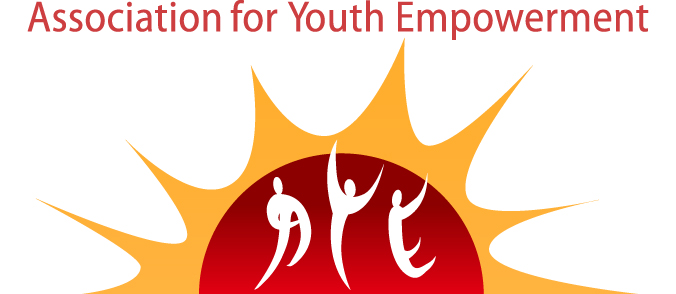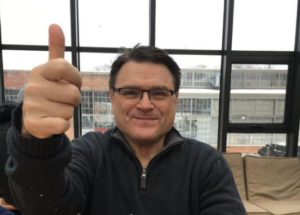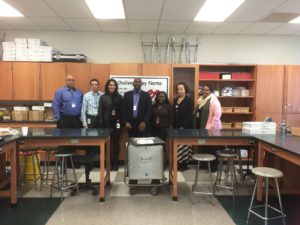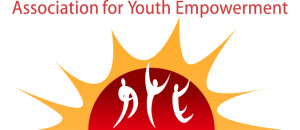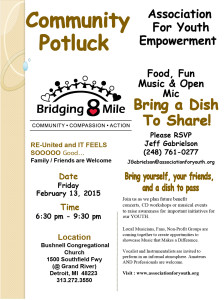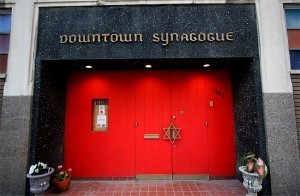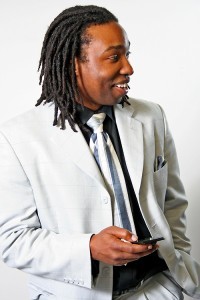Guest Column: Suicide is not inevitable

Gigi Colombini
By Gigi Colombini, Special to Digital First Media
http://www.theoaklandpress.com/opinion/20180622/guest-column-suicide-is-not-inevitable
POSTED: 06/22/18, 5:19 PM EDT
When iconic individuals like Kate Spade or Anthony Bourdain end their own lives, we have to believe there was something so profoundly unhelpable about their situations that they believed suicide was the tragic only option.
As a clinical social worker with an expertise in suicide prevention, I can assure you, there is nothing inevitable about suicide. The biggest problem we face is a lack of education and understanding, even in the medical community, of what this 10th leading cause of death in America is really all about. This leaves almost everyone afraid to step in and turn the tide.
Family medicine physicians, who prescribe about 80 percent of psychiatric medications, undergo less than a day of suicide prevention training. Emergency Room docs are not required to have any. More people die by suicide than homicide. More people die by suicide than in auto accidents. The national suicide rate is 13.9 for 100,000, and recent studies show that 54 percent of those who die by suicide did not have a diagnosed mental illness.
But this is not a story of despair. If anything, we need to rewrite the story on suicide to one of hope because suicide is not inevitable.
Of the 14 people out of 100,000 who die by suicide, 999,986 find a way to endure painful struggles.
Somehow, we have come to believe that if someone is really suicidal, there is nothing anyone can do about it.
Shame often prevents people from sharing feelings, from telling someone, I’m thinking about ending it all. When we experience a spate of suicides in close proximity like we did recently, we feel powerless about the possibility of preventing these untimely deaths.
The Interpersonal Theory of Suicide suggests that the likelihood of suicide increases if three things are present in someone’s life: feeling as if they are a burden to others, social isolation or not belonging to a community, and an ability to make it happen. (More than half of all suicides are completed with a firearm!)
Having someone to literally talk you off the ledge helps immensely. A person who is suicidal does not really want to die; they just want the pain they are experiencing to stop.
The pain is so intense it makes it difficult to see solutions to their problems. Talking about it can help them see the possibility of enduring pain with the support of loved ones, community and connections.
In the U.S., the highest rate of suicide occurs among white men. During the economic downturn, we saw this happen because so many men became powerless to support their families. Unaccustomed to sharing feelings, many felt isolated and alone. We think suicide happens when you’re so despondent, you can’t leave the house. Suicide can occur from one pivotal situation that leads to despair.
I don’t know what Anthony Bourdain’s circumstances were, but I remember how devastating it was when we lost Robin Williams because people of all ages loved him. Sometimes, when men grow older, they feel a loss of quality of life; often they no longer feel valued after leaving the workplace.
Women are different. While our work is important to us, we are often connected to family and friends, and we talk about feelings.
When a famous person dies by suicide, people are doubly perplexed, thinking, they had everything; how could they do this? But rich and famous does not equal happy.
Happiness comes from connection, purpose, doing what you love. There is truth to the notion that it’s lonely at the top; achieving fame, fortune and renown can leave a person feeling alone and misunderstood.
We must change our conversation about suicide to one of hopefulness, where we all get involved in turning the tide. Even the language must change — a person does not “commit” suicide like they “commit” a crime or a sin. They die, tragically, and preventably.
When someone is grieving or struggling, be the one to start the conversation. Ask, “have you had thoughts of suicide?” And if they say, “Not really,” know that answer may actually mean “yes.” These simple conversations can save many lives.
Suicide is not inevitable. Even when someone thinks it is the answer, there is time to redirect thoughts. We simply have to care. We mustn’t shy away from getting involved.
As our society grows increasingly distant, we must double-down on connection and concern. We must “meddle” in order to make people believe they matter. Talking is the path to help.
Suicide is highly preventable. We must arm health care practitioners, educators, and community members with the tools to spot real risk, and then provide effective treatment to heal it.
Gigi Colombini, LMSW, is a psychotherapist and suicidologist with the Institute for Hope and Human Flourishing in Birmingham.
